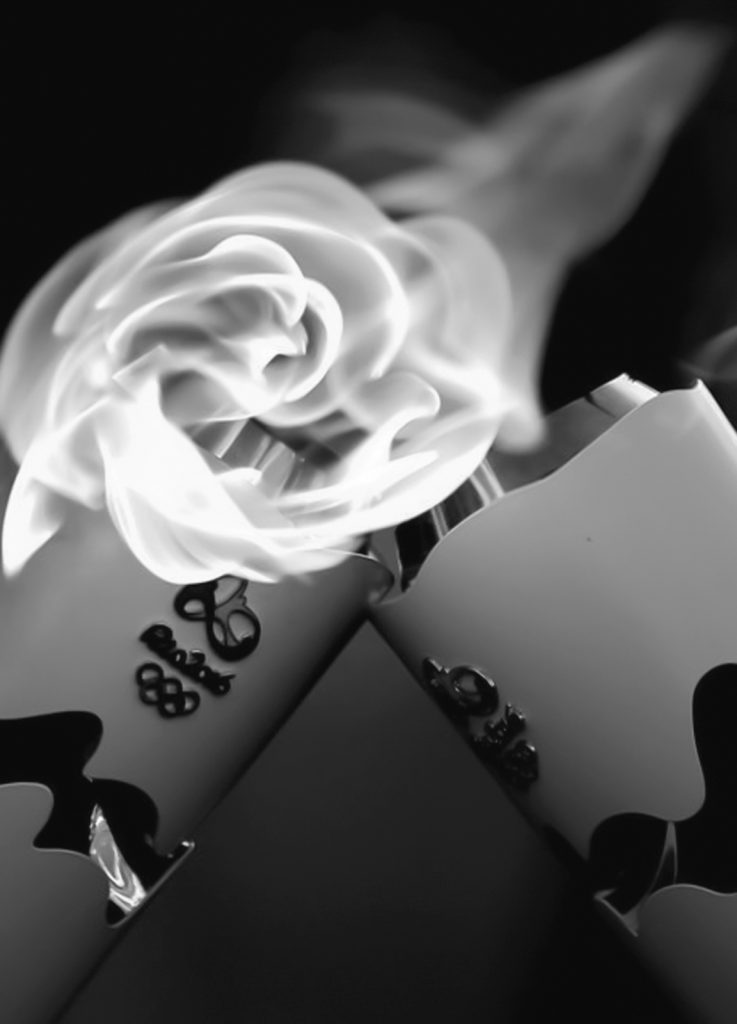This issue of Peace in Progress is dedicated to an increasingly important topic worthy of reflection in the search for peace: the relationship between sport, the management of violent conflicts and peacebuilding in the medium and long term. A topic that is also controversial since one might ask how sport can contribute to the peaceful resolution of disputes, to peacebuilding, if the world of competitive sport is a constant example of competition, of the relentless pursuit of victory, even resorting to constant doping. In fact, sport – team play – is also an example of construction of the irreconcilable adversary, and an example of political use and sometimes manipulation regarding the competition between states to finish in first place in the Olympic medal table.
In other words, we can find examples of all kinds in the world of sports: the use of the Olympic Games for blatantly political purposes (the case of the Berlin Games, with Hitler in power; the boycotts of the Moscow and Los Angeles Games, during the Cold War), but also individual examples of understanding among athletes in the three aforementioned Games; tough competition, but also solidarity. There are also cases where sport has been an element of collective identity construction in divided countries, such as South Africa, which put an end to the apartheid regime with the electoral victory of the African National Congress and used, at the insistence of Nelson Mandela, the Rugby World Cup to create a sense of national unity around the national team. The examples would be endless, in one way and in the other.
If we combine sport and education, we can teach peace to young people, giving them back hope
We must acknowledge that sport can be a tool for peacebuilding, but also for extreme competition and violence. The potential of sport as a tool for peace exists – as the various articles in this issue show – but an additional factor is needed, and this factor is really powerful. Sport is an example of the path that education for peace followed, in the World Education Congress held in Prague back in 1927, with the controversial slogan “Peace through school.” It is the path illustrated by the UNESCO Constitution decades later, which states “Since wars begin in the minds of men, it is in the minds of men that the defenses of peace must be constructed.” However, it is necessary to activate this additional factor to avoid idealism and do-goodism. And that was the path followed by Freinet’s Free School, the moral pragmatism of William James and all those who tried to create, in the words of James, “moral alternatives to aggression and war.” Perhaps what I want to say will be better understood with a paradox used by Paulo Freire decades ago, as the beginning of a reflection with peace educators, which I was fortunate enough to attend. This is what he said, as a motivational quote for a couple of days of workshops: “Education is not the fulcrum to transform the world because it could be.” In other words, neither sport nor education is, per se, a tool for world transformation, for peacebuilding, but they can be and, in fact, it is in their nature to be so. But we must avoid disturbing factors – the reproduction of an unequal social system in the case of education, excessive competitiveness in the case of sport – and promote the individual and collective values of achievement and solidarity that are inherent in sport.
And we have many examples that this was, and is, both possible and successful. There are many cases where the power and the moral and cultural significance of sport have helped to build networks, to improve and empower communities and nations, to promote reconstruction and reconciliation in societies divided by violence and dictatorship, to acquire shared skills and socialize polarized social groups.
Sport is a powerful tool for peacebuilding, but additions are needed: believing in it and pursuing it with appropriate values and tools
And here is where the role of research and education for peace come in. I will say it, in conclusion, with two quotes. The first one, by Nelson Mandela: “If we combine sport and education, we can teach peace to young people, giving them back hope and creating tools for them to participate in the creation of a more just and fraternal society.” So the idea is clear: sport as an ally of peace education. But, as the expert in nonviolence David Coulthard has pointed out, sport can also be a way to fight against inequality and exclusion: “Through rules, sport puts all participants on an equal footing and, because of this, sport is able to transcend differences. It is an answer to violence and social exclusion.” In other words, sport is a powerful tool for peacebuilding and conflict resolution, but additions are needed: believing in it and pursuing it with appropriate values and tools.
Photography : Andre Mourao | International Olympic Committee
© Generalitat de Catalunya
